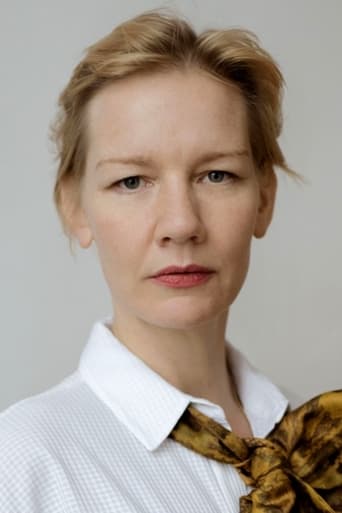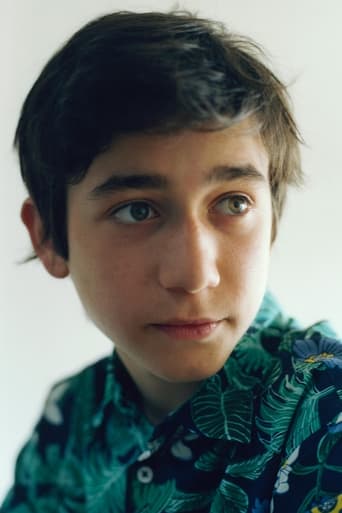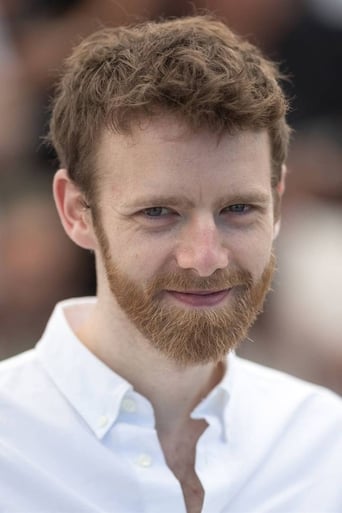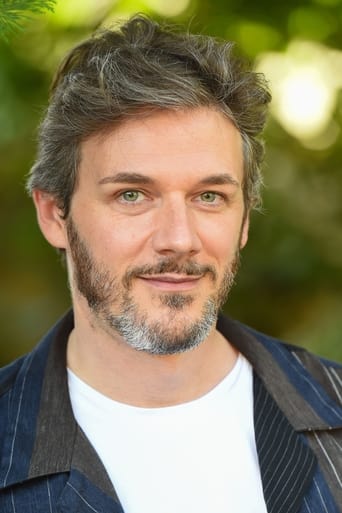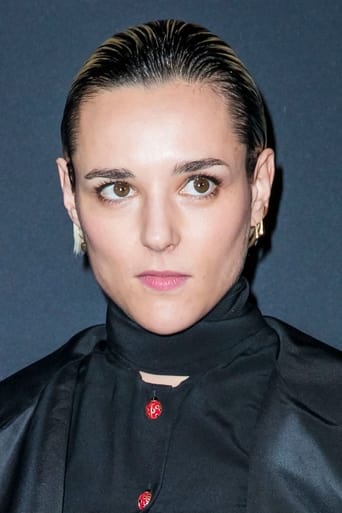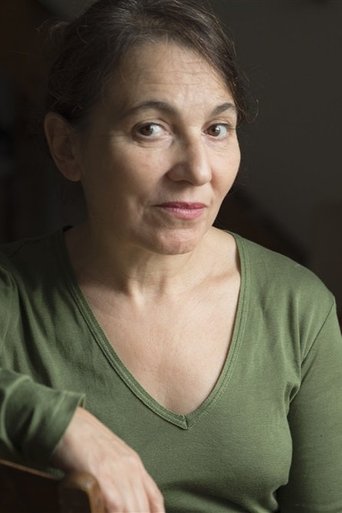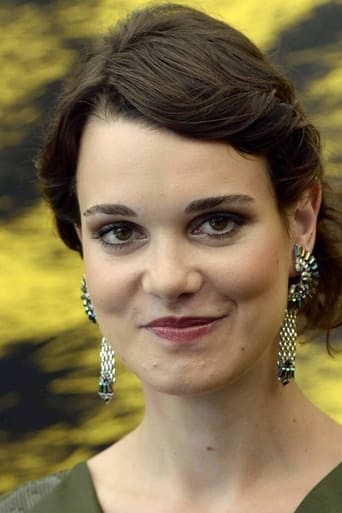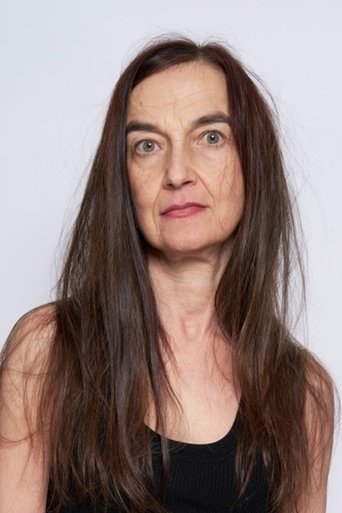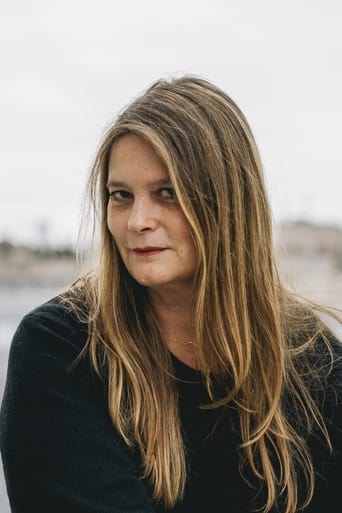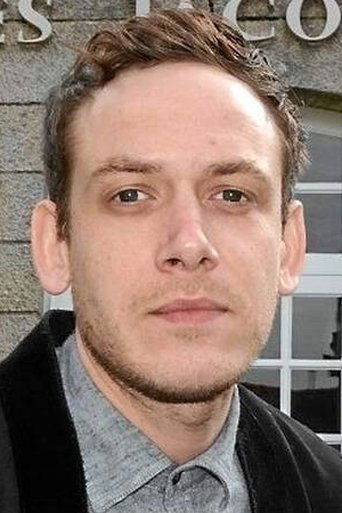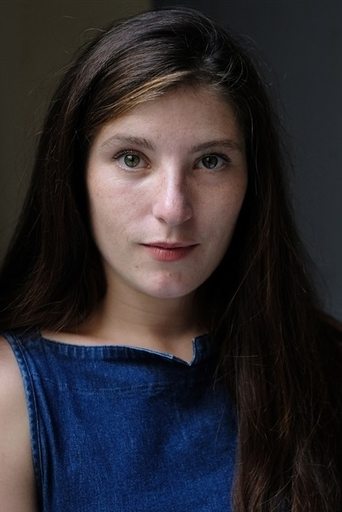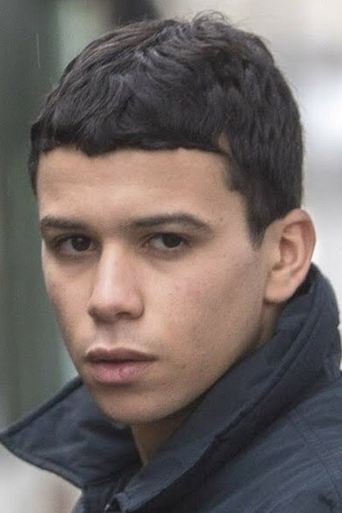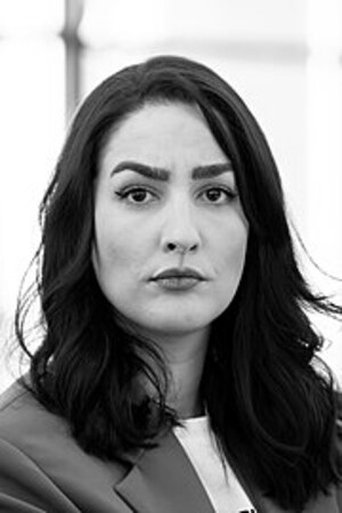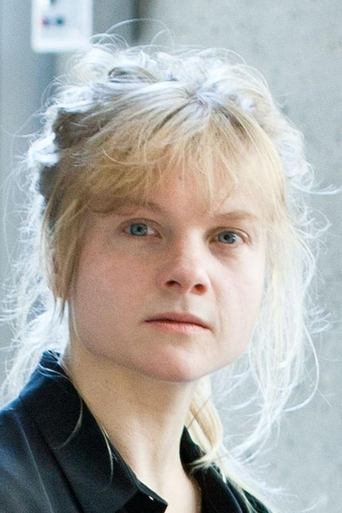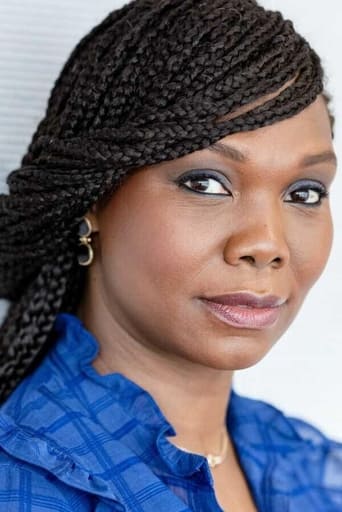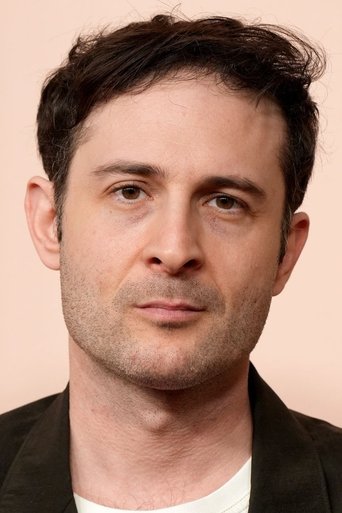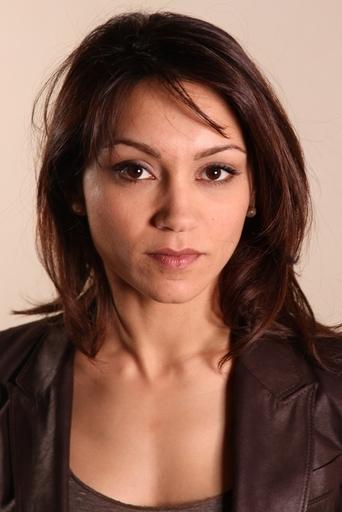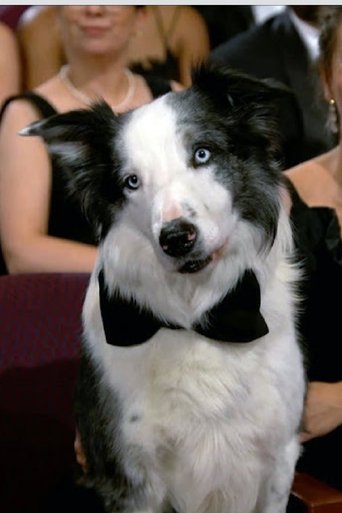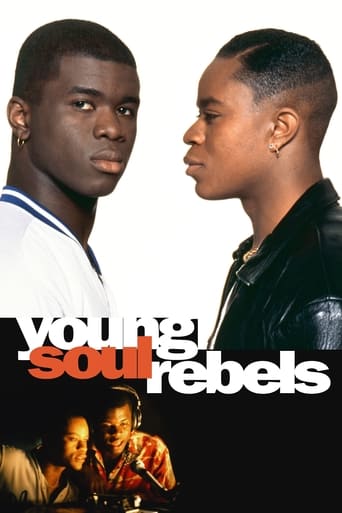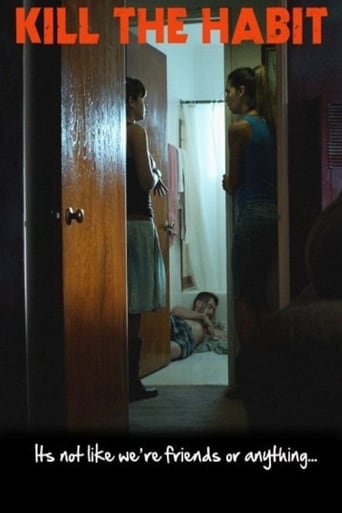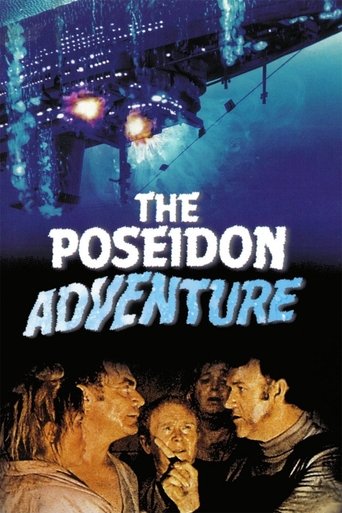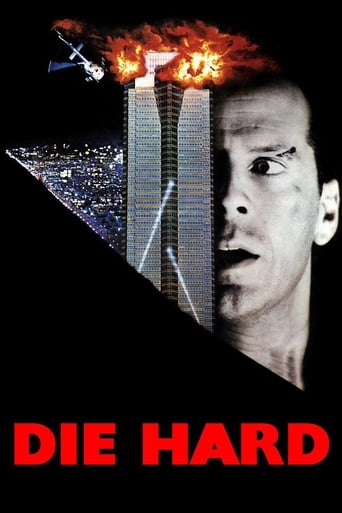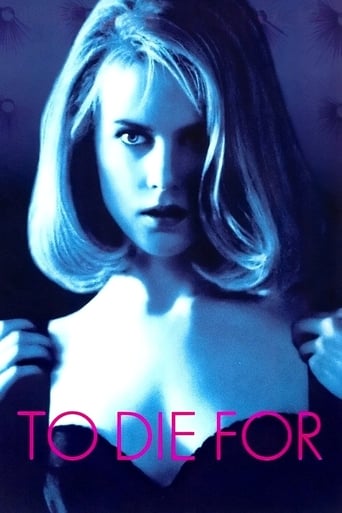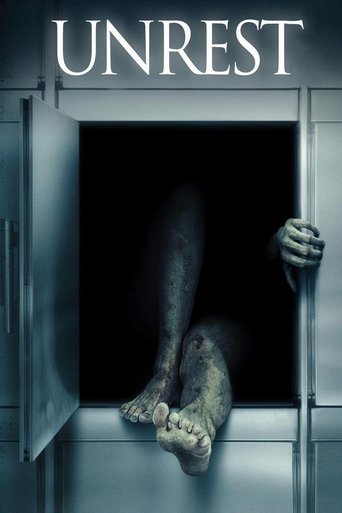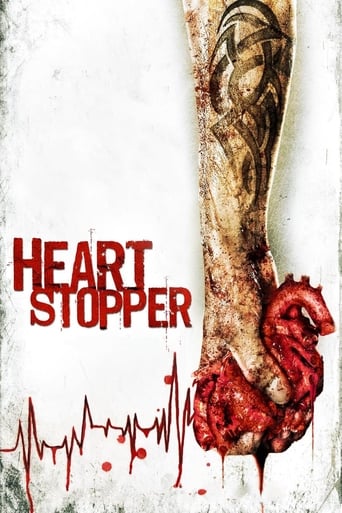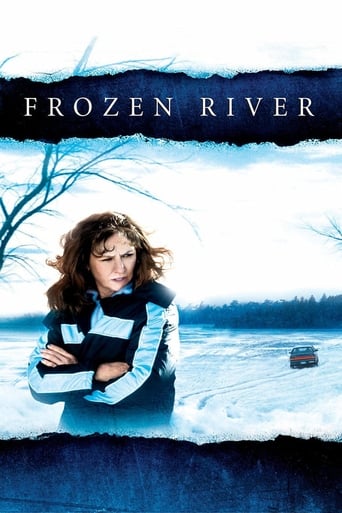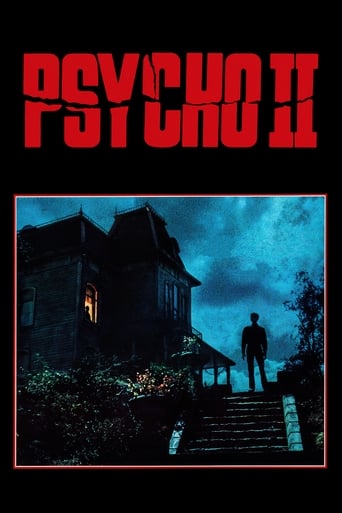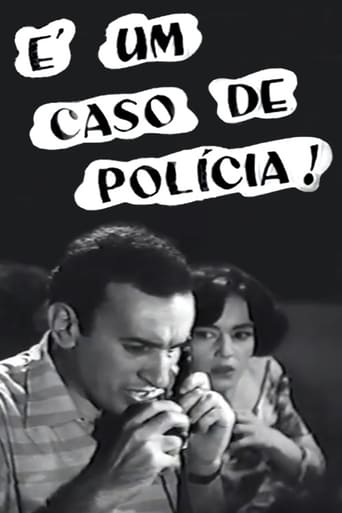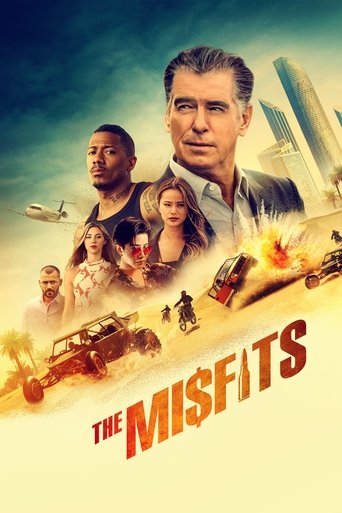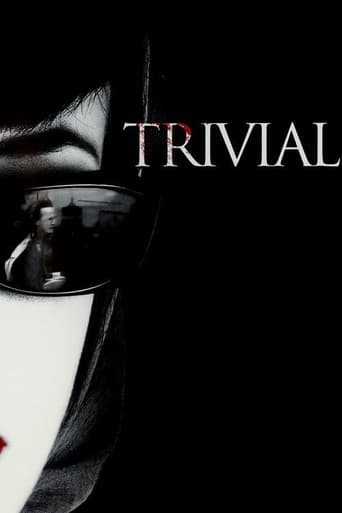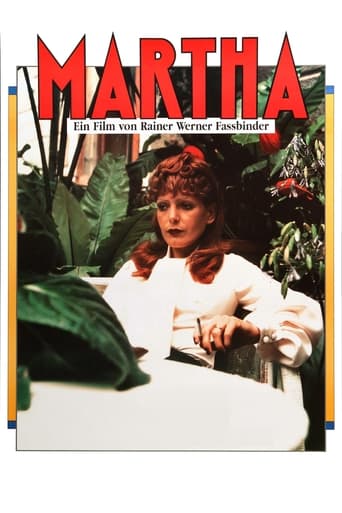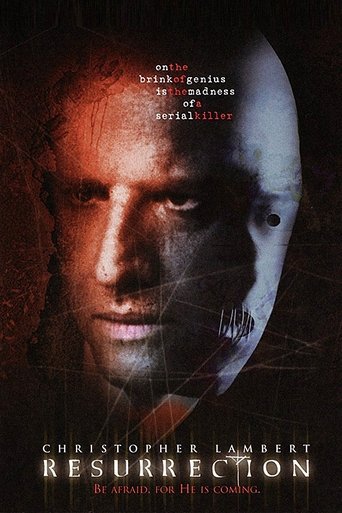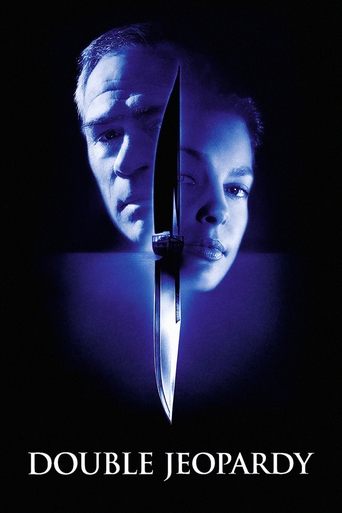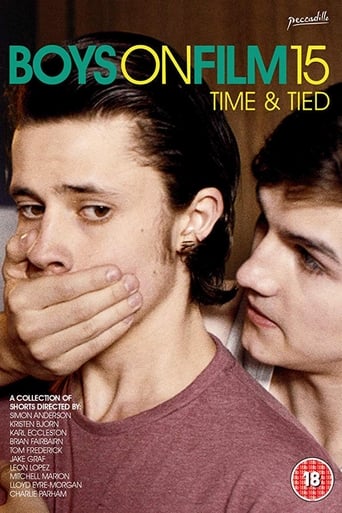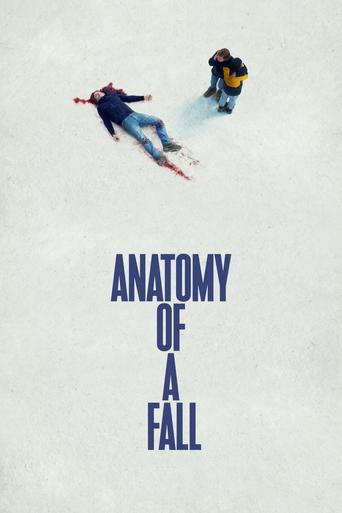
Anatomy of a Fall (2023)
A woman is suspected of her husband's murder, and their blind son faces a moral dilemma as the sole witness.
- Benjamin Papin
- Bénédicte Dujardin
- Justine Triet
- Clémentine Schaeffer
- Justine Triet
- Arthur Harari
Rating: 7.6/10 by 2504 users
Alternative Title:
Anatomía de una caída - ES
坠落的剖析 - CN
Анатомія падіння - UA
Bir Düşüşün Anatomisi - TR
Egy zuhanás anatómiája - HU
Anatomie eines Falls - DE
Bir Düşüşün Anatomiyası - AZ
Anatomía de una Caída - MX
Anatomy Of A Fall - US
เขาบอกว่าเธอฆ่า - TH
Anatomie d'une chute - FR
Anatomia de Uma Queda - PT
Anatomia de Uma Queda - BR
추락의 해부 - KR
Ανατομία Μιας Πτώσης - GR
坠楼死亡的剖析 - CN
Country:
France
Language:
English
Français
Deutsch
Runtime: 02 hour 31 minutes
Budget: $6,700,000
Revenue: $35,634,133
Plot Keyword: husband wife relationship, winter, bisexuality, moral conflict, autopsy, blind, courtroom, lgbt, death of husband, woman director, moral dilemma, courtroom drama, mother son relationship, bisexual woman, grenoble, amused
INT. THE ANATOMY OF ANATOMY OF A FALL - DAY Anatomy of a Fall is an excellent film crafted from the mind of Justine Triet. It's beautifully acted, shot, scored and edited together. So let's look at the Anatomy of Anatomy of a Fall. Story: The story revolves around the unconfirmed cause of death of Samuel, who has fallen out of his attic window. The only person in the house was his wife Sandra, Sandra Hüller, the prime suspect. Their son Daniel, blind from an unfortunate event, is the only witness. The story is from the perspective of Sandra, and just like any courtroom drama, details are revealed over time. Fortunately, it's at a steady pace, never announcing too much or too little, giving us the correct information at the right time. While I'm mostly positive about the story, some moments slow right down, and we come to a standstill; overall, thanks to the following few components, they considerably make up for the story's flaws. Performance: Its lead is Anatomy of a Fall's greatest asset, Sandra Hüller. She is tremendous, pulling no punches in the role of Sandra, the deceased's wife. For the rest of the cast, no one except the dog is ever greater than Sandra! Cinematography: The camera in this film is on a swivel, always moving, keeping us engaged. The camera uses Visual humour quite a bit, which is always great to see. Finally, the colour grade felt natural and, at times, warm, giving a homely vibe. Score: A simple piano piece plays throughout the film; it is excellent. Finally, the editing: This was a stand-out for me. It was cleverly cutting at points to hide us from the horrors but holding onto moments before it became too much. There's a lot of love about this film — a highlight of the Cannes 2023 run. FADE OUT.
When young "Daniel" (Milo Machado Graner) returns from a walk in the snow with his dog ("Snoop") he discovers the body of his father lying on the snow in front of their alpine house. He shouts for his mother, writer "Sandra" (Sandra Hüller) and soon the police investigation is out to establish just what happened. What do we know? Well, not a lot really - just that before the young man left for his stroll, his mother was giving an interview in their kitchen to a journalist that was being increasingly drowned out by the intrusive music emanating from her husband upstairs, and - that young "Daniel" is blind. "Sandra" enlists the help of a friend who represents her as after many a re-enactment the authorities conclude that there is enough evidence that she lobbed him over the balcony and murdered him. A curiously relaxed courtroom drama now ensues. Those of us used to watching British or American scenarios like this might find the approach, usually entirely speculative, taken by prosecuting counsel to essentially draw his own conclusion from evidence that may or not be there is quite entertaining to watch. The President of the tribunal rarely intercedes in what becomes a frequently unsubstantiated analysis of the sometimes turbulent marriage of the two, we learn of the cause of the boy's blindness, of his mother's sexuality and by the denouement I felt that Justine Triet had worked well with a strong cast to create a whodunit where there might have been no crime at all! That denouement is a little rushed, but leaves a lovely degree of doubt in the mind of the one member of the cast who probably needed convincing the most! It's just a shade too long, a wee bit too much build up, but once it's in full swing this is a strongly performed, sometimes quite funny and dark crime drama that is well worth a watch.
It’s always disappointing when a film aspires to greatness that it never achieves. Such is the case with the latest offering from French writer-director Justine Triet, whose allegedly suspenseful thriller is about as appetizing as a plate of tepid leftovers. This crime investigation/courtroom drama about the mysterious death of a middle-aged unsuccessful writer (Samuel Theis) who falls from the second story of his mountain chalet looks into whether his demise is due to suicide or murder, with his wife (Sandra Hüller), herself a best-selling author, being the prime suspect. Despite an intriguing premise, however, the movie is overlong, needlessly talky and inherently flat, with a cold, clinical, unengaging narrative and characters who engender no connection, compassion or empathy. In essence, this is a “whodunnit” that plays like an extended “whocares.” Fault the screenplay here, which seeks to tell a tale in the same gripping vein as such great courtroom dramas as “Anatomy of a Murder” (1959) but that never achieves the level of tension, mystery and audience engagement needed to pull that off. The meticulously orchestrated script feels calculated and derivative virtually from start to finish, especially in its trial sequences, which explore an array of possible motives and explanations, including everything from infidelity to plagiarism to previous suicide attempts, that rely on often-implausible speculation and inflated conjecture to carry forward a proceeding that probably never should have ended up in court in the first place. What’s more, the double entendre that is the picture’s title is so obvious that any hopes of nuance, subtlety or profundity evaporate quickly once the failing nature of the couple’s troubled relationship surfaces. While the film admittedly features a fine performance by Hüller, it’s far from enough to rescue a picture with big aspirations that never pan out. How this release has garnered so much exaggerated awards season buzz is beyond me, especially given its intrinsically insipid, underwhelming, overstated character. There are plenty of other films of this ilk out there that are far more worth watching than this one, so grab one of those better selections instead and give this one the well-earned pass it genuinely deserves.
French movie with a drama / courtroom theme that is gripping more into it's realistic tone than others movies that create unexpected and unbelievable tones, directed by Justine Triet from a screenplay she co-wrote with Arthur Harari (Onoda: 10,000 Nights in the Jungle). Currently it is the winner of Canne's Palm D'or and nominated for five Academy awards, being those Best Motion Picture of the Year, Best Achievement in Directing, Best Performance by an Actress in a Leading Role, Best Original Screenplay, Best Achievement in Film Editing. It tells the story of In an isolated mountain chalet near Grenoble, where the problematic couple French Samuel Maleski is playing music in his attic so loudly that interrupts an interview of his German wife, Sandra Voyter (played by Sandra Hüller), and son Daniel (partially blind), returns from a long walk with his guide dog Snoop to find Samuel dead below his attic window. From there and all the theories, criminal analysis and courtroom judicial processes guide the movie and gain the midia of the country. Do not expect CSI level invention on this one - it is logical and reasonable as a movie that analyses the crisis in the couple and the impact on the son with a heavy focus on the courtroom that gabs your attention. Sandra Hüller is the protagonist that leads with an incredible performance on her role. The direction is solid as well as the screenplay. The cinematography varies from formal takes to more active ones and the editing is perfect in joining all the takes. I usually found courtroom movies to be boring but this wasn't the case that holds your attention till the end even with the slow moving of events and investigations from the live of protagonists to the dispute of the lawyers. A strong contender for all the prizes but knowing the academy I am almost sure it will grab 2 to 3 prizes. From my point of view the movie is a 8,5 out of 10,0 / A. For sure one of the movies of 2023 that must be seen, so it gets a like from me too.

